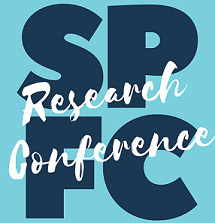Reducing the impact bias by broadening your (temporal) horizon
Faculty-Student Collaboration
1
Faculty Sponsor(s)
Brittany Tausen, Ph.D.
Presentation Type
Event
Project Type
Completed quantitative research study
Primary Department
Psychology
Description
People regularly overestimate the affective consequences of future events. The present study aimed to counter this error by prompting individuals to adjust their temporal frameworks. Participants (N = 118) were randomly assigned to imagine a negative event in the context of a broad or controlled time frame and then asked to make affective forecasts about the event. While time frame did not impact intensity or duration estimates, judgments about the valence of the event approached significance. Future work should explore the reliability and strength of this effect within a larger sample where the event is equally likely for all participants.
Copyright Status
http://rightsstatements.org/vocab/InC/1.0/
Additional Rights Information
Copyright held by author(s).
Reducing the impact bias by broadening your (temporal) horizon
People regularly overestimate the affective consequences of future events. The present study aimed to counter this error by prompting individuals to adjust their temporal frameworks. Participants (N = 118) were randomly assigned to imagine a negative event in the context of a broad or controlled time frame and then asked to make affective forecasts about the event. While time frame did not impact intensity or duration estimates, judgments about the valence of the event approached significance. Future work should explore the reliability and strength of this effect within a larger sample where the event is equally likely for all participants.


